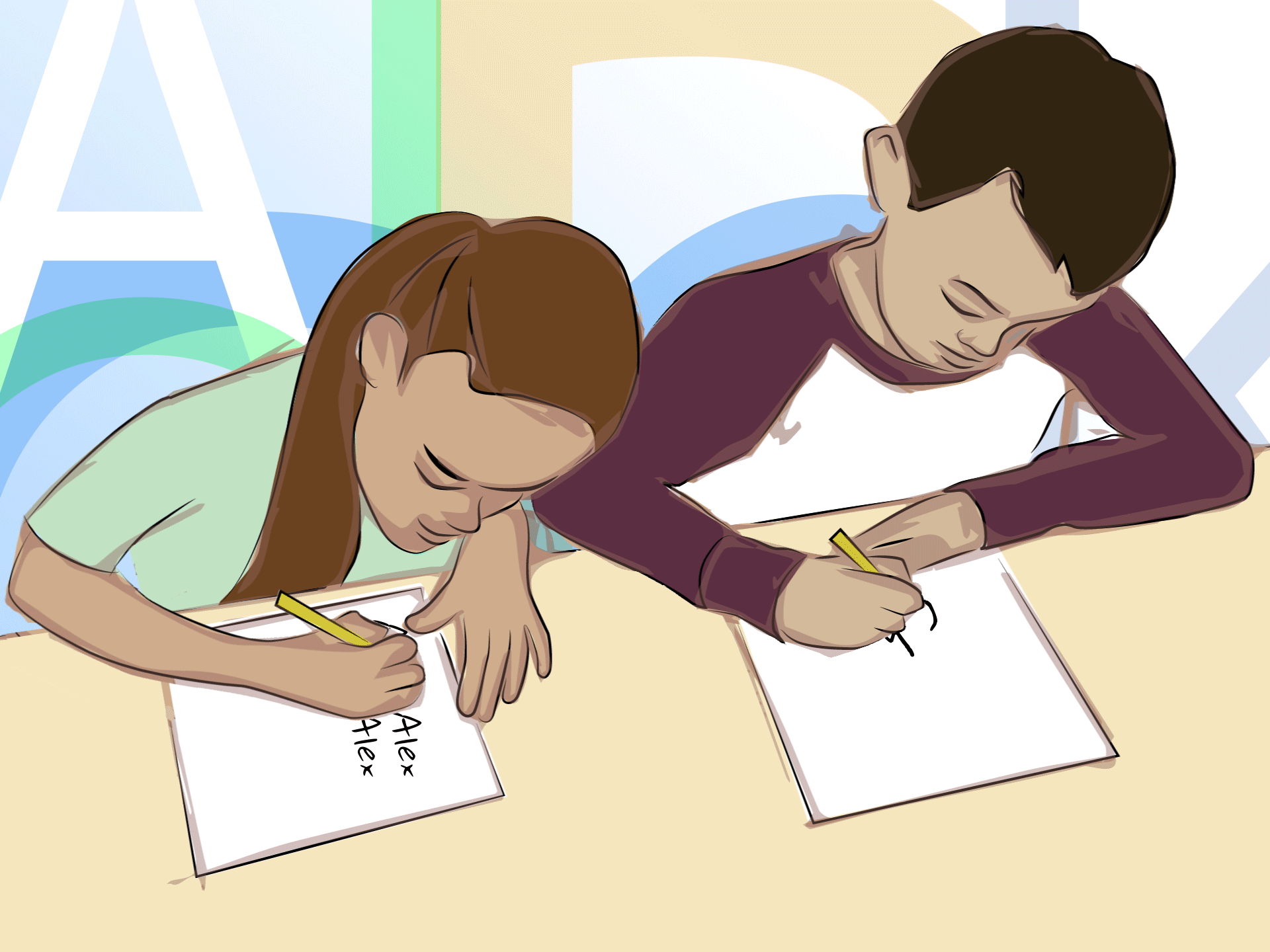
Chris and Alex’s teacher may begin to observe some differences between the two students. Alex might be the one singing the loudest, or the first to raise her hand. She may be scribbling her name over and over in her notebook, and a natural in recognizing the relationships between sounds and letters. Chris, though, may still be struggling to recognize and write letters. It may be difficult for him to give examples of words that rhyme, or to chop off the first letters of a word and add in new sounds. It is at this time that Chris should get an additional helping hand, a continued watchful eye, and a boost in a one-on-one setting. One thing that the science of reading has taught us is that it is important to identify struggling readers early on. As early as possible! And it is important to get them the additional support that they need, bringing them up to speed before they start falling behind their peers. When it comes to reading, waiting for a struggling reader to grow out of it is never a good idea. Research shows that most children who struggle early on continue to struggle if they don’t get the extra help they need.
-
- Dyslexia
- a learning disability characterized by poor spelling and difficulties with word recognition and word decoding. It is unrelated to intelligence, motivation, or school experience
- Explicit instruction
- systematic and direct teaching that takes into account students’ prior knowledge
- Phonics-based reading instruction
- teaching focused on how letters represent sounds and how words can be sounded out by knowing letter-sound correspondences
- Plasticity
- the brain’s ability to change as a result of experience